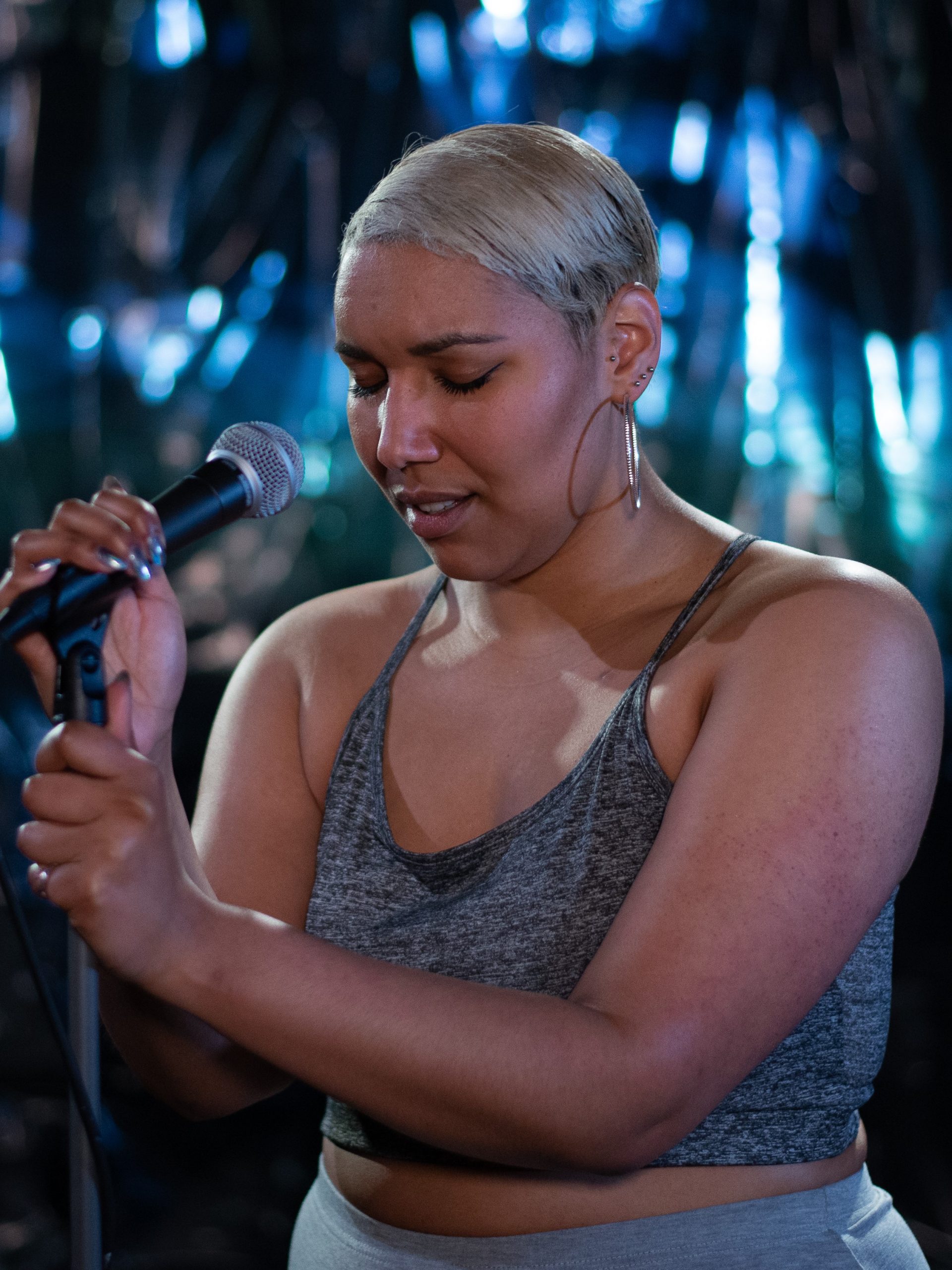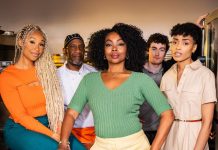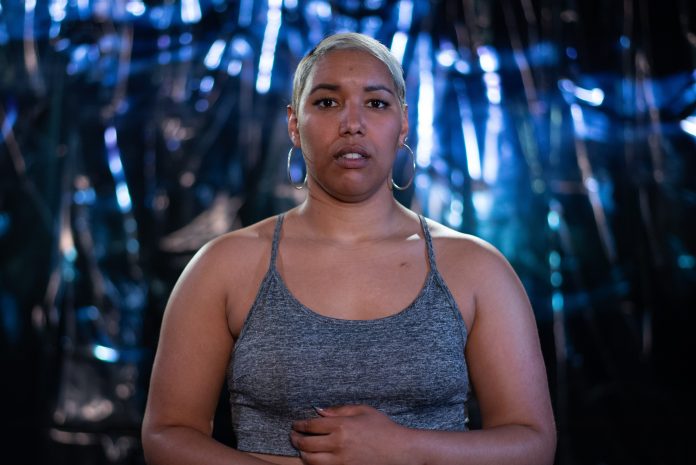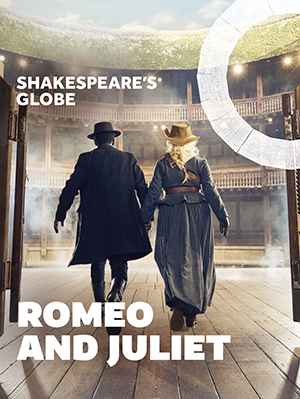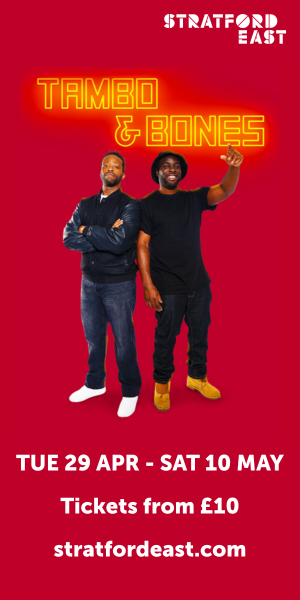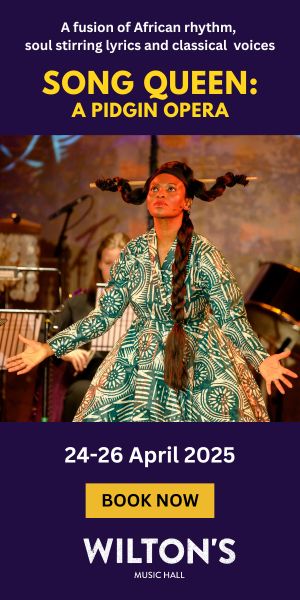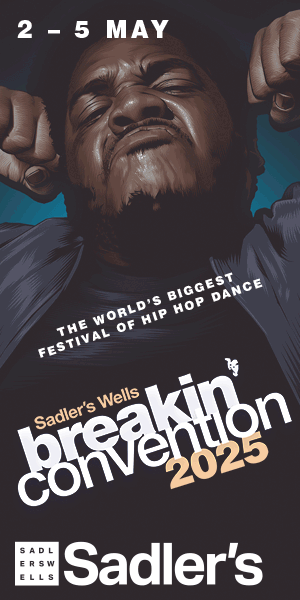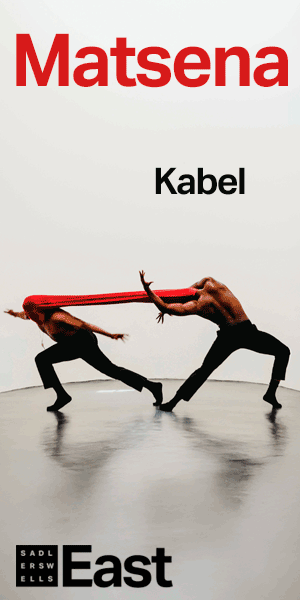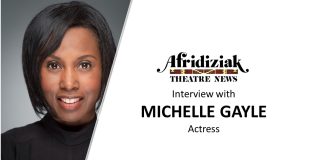Congratulations, on such a fantastic 18 months or so. I feel like I am always hearing about your work or seeing you in something. How does that feel?
Great! I feel lucky to be working with the people I have been working with, to be doing what I love regularly enough that you feel like you hear my name, which is nice and weird. I feel privileged, lucky and fortunate to have the opportunities that I have and do what I do.
Could you give Afridiziak readers an overview of The Colour Trilogy and its intentions?
The Colour Trilogy is about identity. It looks at identity through factors that have affected me personally, which are; race because I’m mixed race, gender, mental health and sexuality. The intention of doing these three pieces is to have them to grow with me as an artist. To start from doing a solo show, to see if I could write a show that has music in it and to see if I could write autobiographically.
I made GREY for me and if it speaks to black women, the deaf community, people who are living with mental health issues then that means that I have done something good
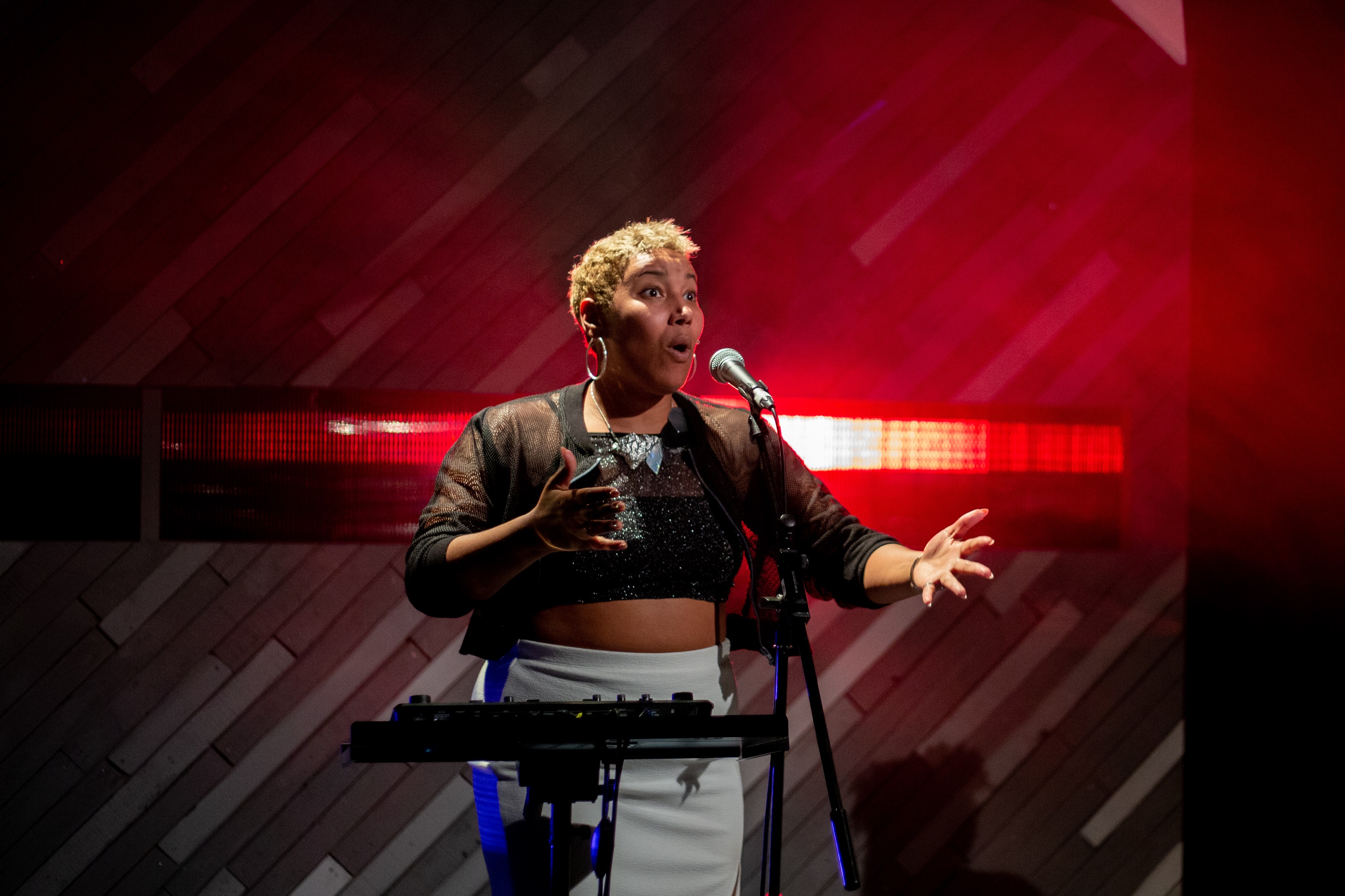
I wanted to see if I could make something interesting to anyone other than me. I made White, and people seemed to enjoy it. The second show is GREY, which is a two-hander and includes a language that I wasn’t native in – British Sign Language. I did that to see if I could write for another performer, I could write a show that wasn’t a solo piece, and if I could make that tricky second album or if I was a one-hit wonder! The third show is called Pink and will be made maybe later this year, early next year, who knows? It depends on how tired I am. That is a big company number. I want to see if I can do work that is autobiographical but devised for a company of performers and if I can stay true to what I do but incorporate other people’s stories, skills and voices.
Does GREY pick up where White left off, thematically or structurally?
They don’t necessarily run back to back. If you saw the productions back to back, they could, there’s a through-line because it follows my story. But it is not so much as a sequel; they are both a look at my life through these different lenses of race and then mental health, emotions and wellbeing. They sit independently but as a trilogy of work they have similar motifs, themes or central characters that run through them. They are both autobiographical stories that have a theme of identity, but they look specifically at different subjects and how my race affects me is completely different from how my mental health affects me.
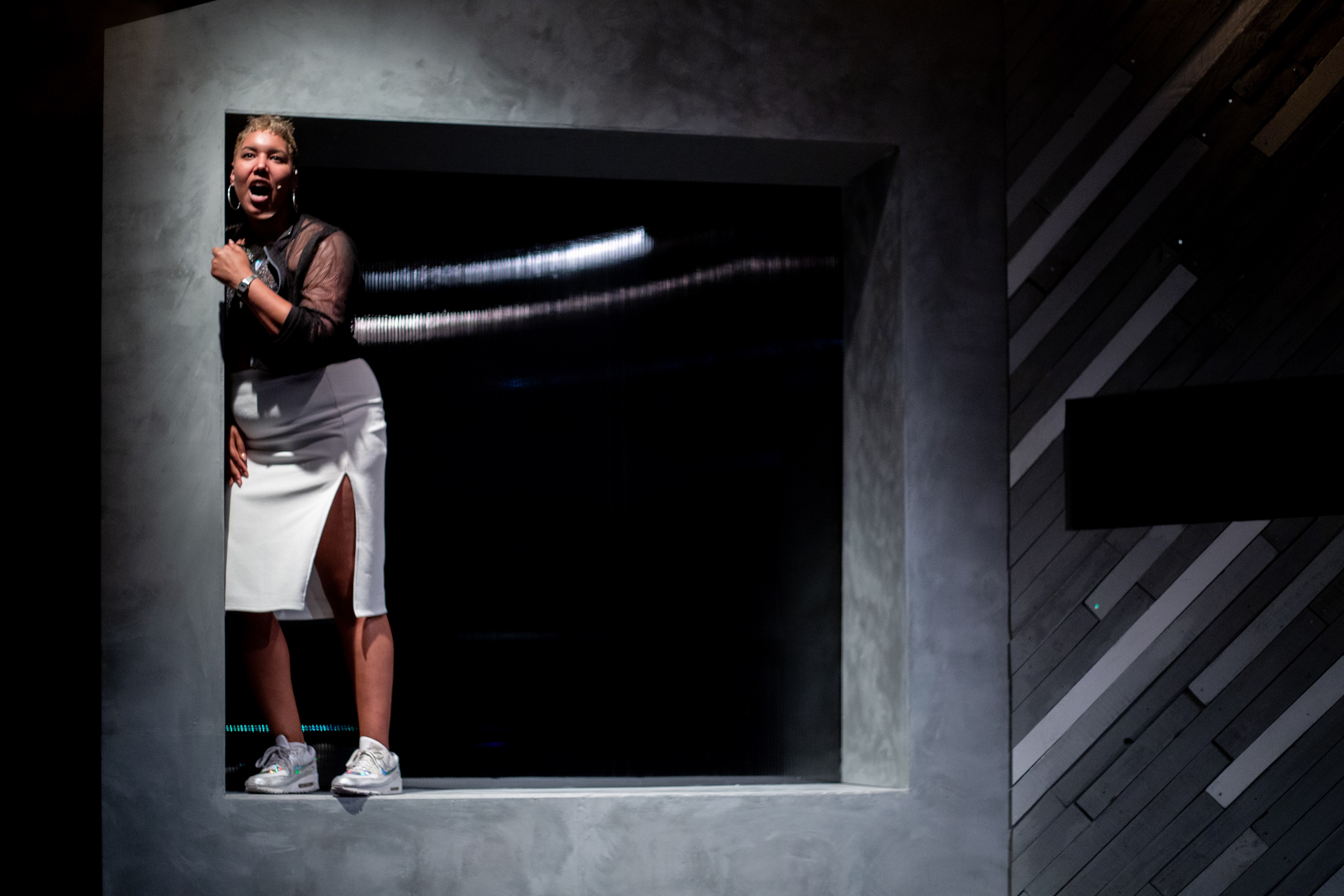
You mentioned, off the cuff, that you will stage Pink at the end of the year if you are not too tired. With that in mind, and turning to GREY’s subject matter of mental health, a lot of women struggle with looking after themselves. How are you coping with that in this period when you’re so in demand?
Currently, I’m sick, so maybe not well! I think it’s hard for black women, to say no to things or to find time to stop because we have had to work so hard for everything that we have. We don’t feel like we can stop or take the time [to look after ourselves] and I think that’s changing. I think the climate of self-care, especially within black culture and among women of colour, is changing for the better. But we still, stereotypically, beat ourselves up over it. We don’t allow ourselves the space to say ‘no,’ or to say, ‘I need a break,’ but as I said; I think that is changing slowly and for the better.
Personally, one of the things I have put in place is to build a team around me of creatives and artists; people I trust and know are capable and talented and smart. I’ve built this team of people around me, specific to this show, which means I have taken a lot of pressure off myself. I don’t have to do everything because I have a capable group of people who are good at what they do and so, pre-emptively have looked after myself and said, I know this is going to cause me a lot of stress, I know that this thing might take up a lot of time. What I am going to do is bring someone on board who can do that job better than I can or who I can trust to do what needs to be done. So, it’s about putting things in place in advance or putting an actual human being in place to do things in a way that would support me.
I feel fortunate to be working in the current theatrical, spoken word, performance climate we’re building.
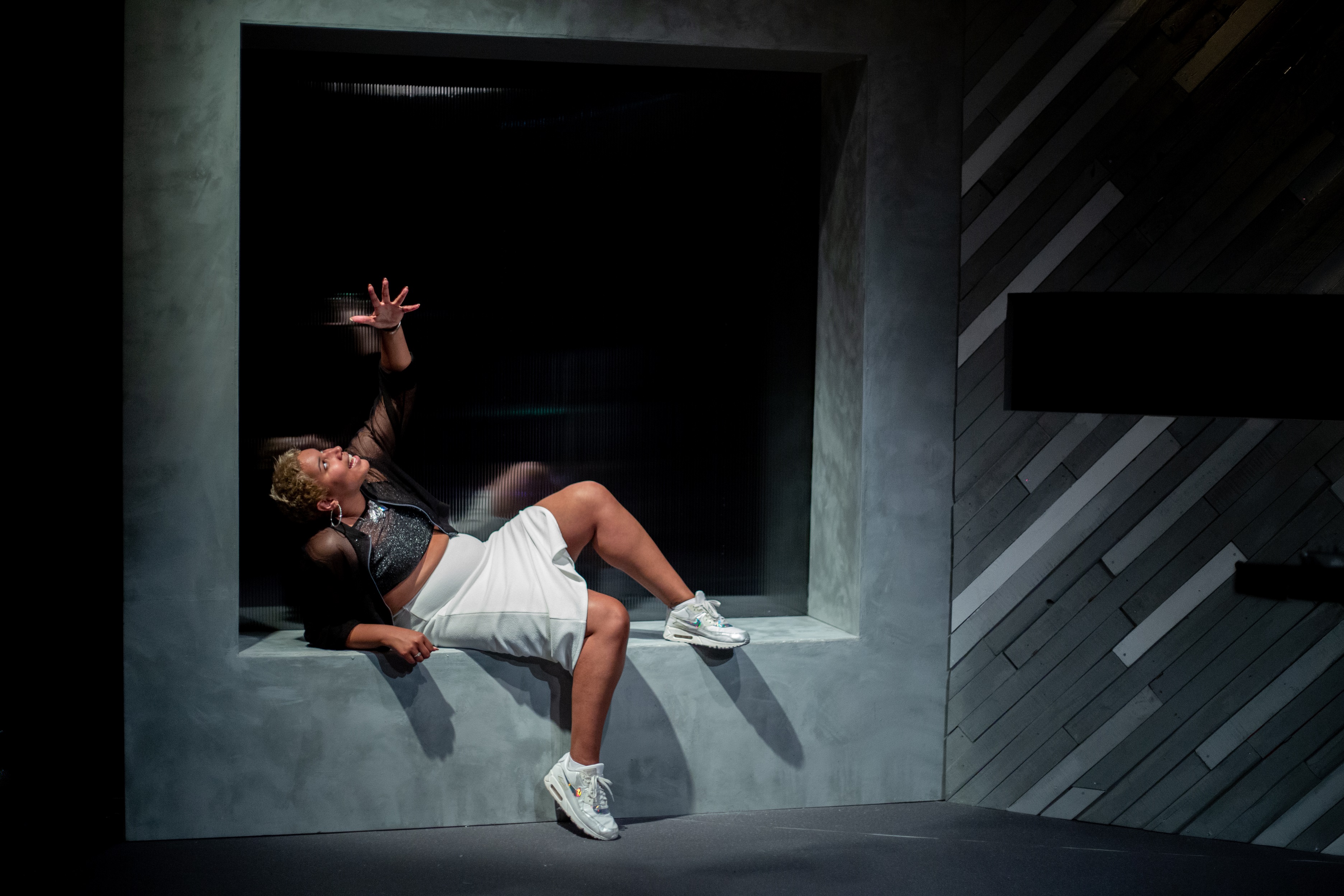
Day-to-day, it’s about taking time to look out for myself the way I would look out for my team. [With my team] I’ll be like – that person, who is great creatively, looks tired. They need a break. I’ll strongly suggest to them that they get a cup of tea or rest. I now make sure I look at myself that way. It’s not easy, and it’s not something we naturally do, I have to actively pretend I’m not me and think what I would say to others. I’m learning to take care of myself the way I take care of other people.
As the Trilogy considers different elements of your life in no particular order, what made you choose to do mental health now, in this second play?
Well, I had depression, so when better to do it? Like I can wait my whole life wanting to make a play about mental health, but why not do it now? I want to give you a nice answer like it’s because of this political climate and it’s important for people to pay attention to their mental health – all of which is very true. Right now, people should be talking about their mental health; people should see work about this stuff, people should see work about black women’s mental health specifically. But I would be lying if I said it’s because of that. It’s not. It had nothing to do with the political climate or the way the world is looking at mental health now. Congratulations to society for catching up. People have been depressed since the beginning of time, and they just called it female madness.
Now there are snappy terms for it, it’s not that. It’s because I live with it and it’s because this is my life and it made sense for me to talk about this because I didn’t want to write a play about two people in love. It was more of, well it’s the second part of the Trilogy, I want to write about something about this generic thing and closer to the time to know more about what I want to say. I lucked out, I came to the end of one show, and I realised I knew what I wanted to say, and how I wanted to say it.
Your recent experiences with depression are not uncommon at this time; however, I think a lot of people can relate. What’s important about what you’re saying, to me at least, is that when art is authentic and not necessarily intending to make a statement, it does anyway because people can engage in it without being put off, for those that are put off by something explicitly political, at an emotional level?
That’s exactly the thing. With White, which is a play about race, some people were calling it a political piece of theatre. No, not really, it’s just about me and my life. But being a black woman, being a black mixed-race woman, being a woman, somebody who looks like me, being queer, all of these things are political in themselves. I am political without wanting to be, me being alive is political. I completely agree with you that it is timely. If one person comes to the show, and they walk away feeling that they want to do something whatever that is, then great. Whether they want to join a march or get help, talk to their friend who seems really sad or confront their mum about how she used to act, that’s great if it does do something like that in the world. But I’ll never pretend that was my intention.
I’ll never come out at the gate like I want to change the world. I just want to share my story, to tell people what it’s like for me, and if that does something for you, amazing. I never write anything in the hope of inciting change. I write things because they are true to me. My job is to be open and honest and entertain you a little bit. If I do that cool, anything else is a bonus.
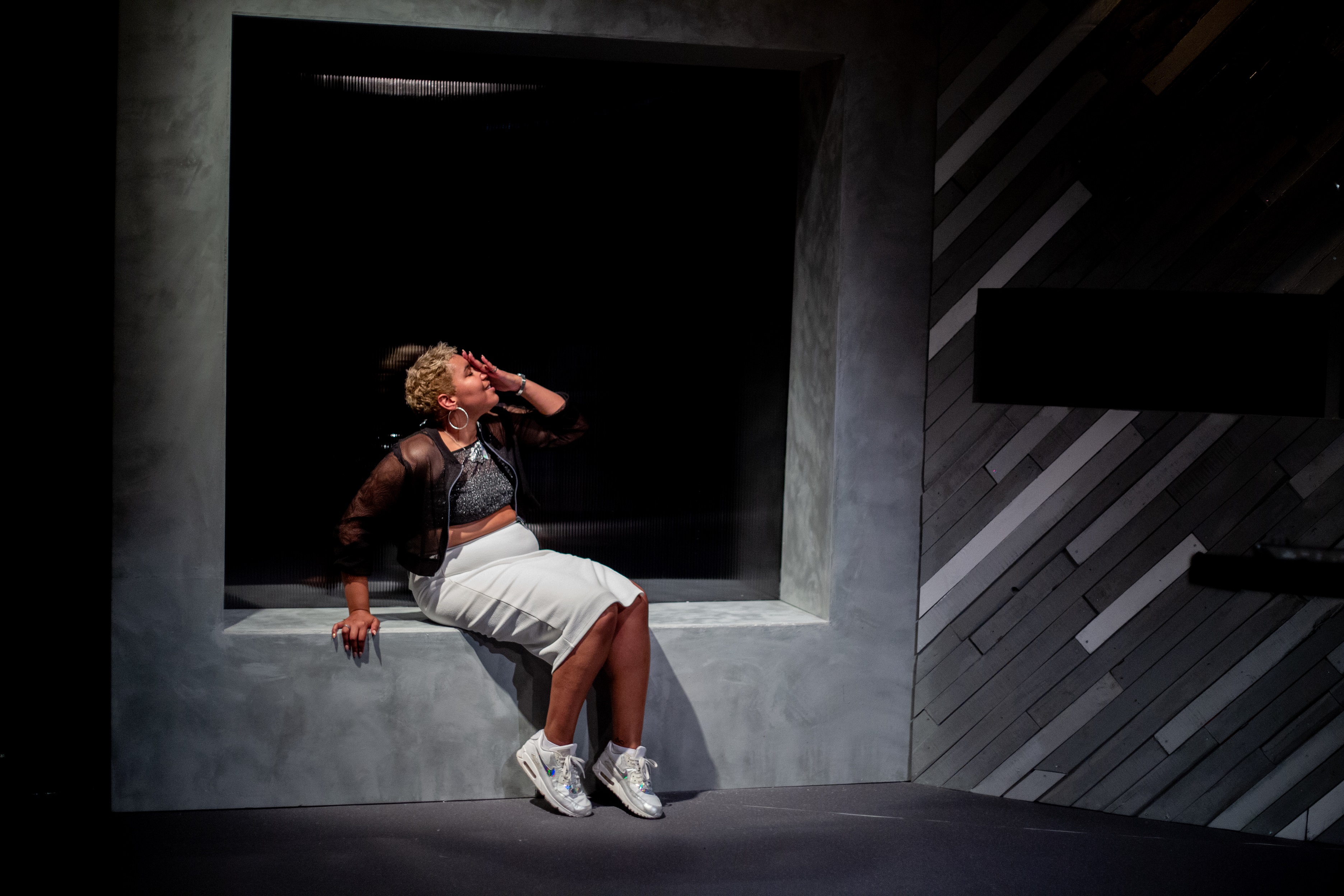
Last year you were in the brilliant Hive City performance, which really made a splash. What jumped off the stage to me was the spirit of collaboration between all these different amazing artists. What was that like for you and how does it feel to be coming up in this class of talented young black talented women who are pushing the boundaries of modern theatre?
Doing Hive City was brilliant, it changed my world, and it helped me grow as I think every project or experience should in some way. If you don’t learn from it or grow from it, it probably was not useful. So, it was a brilliant experience, and it’s something that I hold so dear to my heart. We made a show that people felt was important and did something to them. Beyond that, I got a family out of it. The people I worked with as well as the artists that are on a similar level to me, or are doing projects that are similar to mine, they are my peers, they are the people who are growing with me. When they succeed, I succeed, when I succeed, they succeed. I feel safe and happy to know that the rooms I am in, and the spaces I occupy are also occupied by these artists. I’m in good company, and I feel fortunate to be working in the current theatrical, spoken word, performance climate we’re building.
What would you like to say about GREY to our readers?
I made GREY for me and if it speaks to black women, the deaf community, people who are living with mental health issues then that means that I have done something good and all I want to do is good in the world. If it speaks to the people, I want to speak to as well as to the wider universe, then great.
